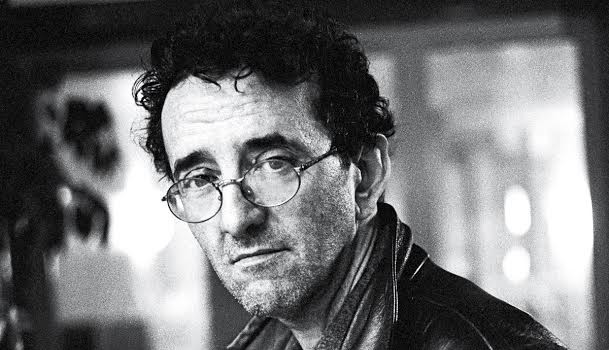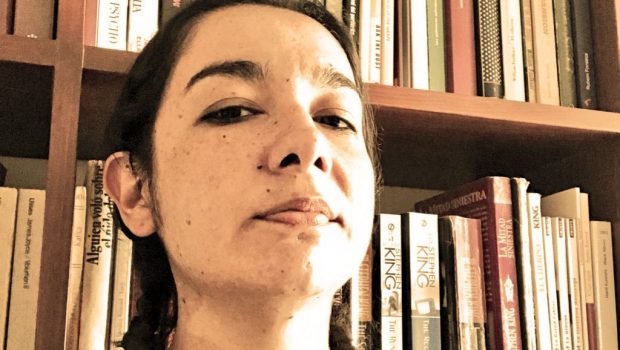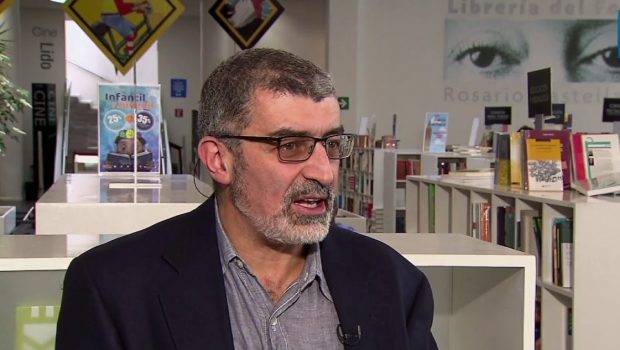Multilayered Poetry
Marjorie Agosín
 Tomás Harris,
Tomás Harris,
Cipango,
Bucknell University Press, Lewisburg, Pennsylvania, 2009.
Trans. Daniel Shapiro.
Cipango by Tomas Harris, splendidly translated by Daniel Shapiro, is a work of mesmerizing complexity. It is deeply intense, often disturbing, as the subject matter addresses violence from many perspectives.
Cipango is multilayered, thus its complexity and scope. On one level, it is the story of a journey, alluding very vaguely to Christopher Columbus’s discovery of the Far East – Cipango and not the Americas.
This mistake of place and geography defines Cipango. This work is a poetic journey through Latin America’s political history and its mistakes, a turbulent history of colonial rule and years of fear, especially the decades of the Pinochet dictatorship.
Tomas Harris, a Chilean poet who came of age during these turbulent years, is masterful at capturing the violence of these years with images of decay, urban violence and deterioration. This collection has various settings; often the reader wanders adrift, lost in this vagueness of images. It is precisely this sense of loss and profound decay that defines the entire collection. Often the images of the sea hold multiple meanings. Obscure and one of the most complicated settings, the sea is like entering an abyss. Even though this is a work similar to an epic poem, it is also a book about hunting and surreal images. The images are at the center of the poetic discourse that Harris presents, which exhibits a world gone mad due to fear and political violence. Pinochet is at the center of it all, alongside other historical figures who have been colonial rulers, such as Marco Polo and Khan.
Daniel Shapiro is an audacious translator and his rendering into English is extraordinary, as Tomas Harris is a difficult poet to translate with an archaic and often incongruent language. Yet, even so, Shapiro has been able to transmit the rhythm, the chaos, and the pain contained in this work. Cipango must be read slowly because its intensity can often be disturbing. At the same time, this work is a great achievement for Latin American poetry and especially Chilean poetry. It is also important to read Tomas Harris in English, which Daniel Shapiro has so ably translated.
Posted: April 21, 2012 at 8:09 pm










